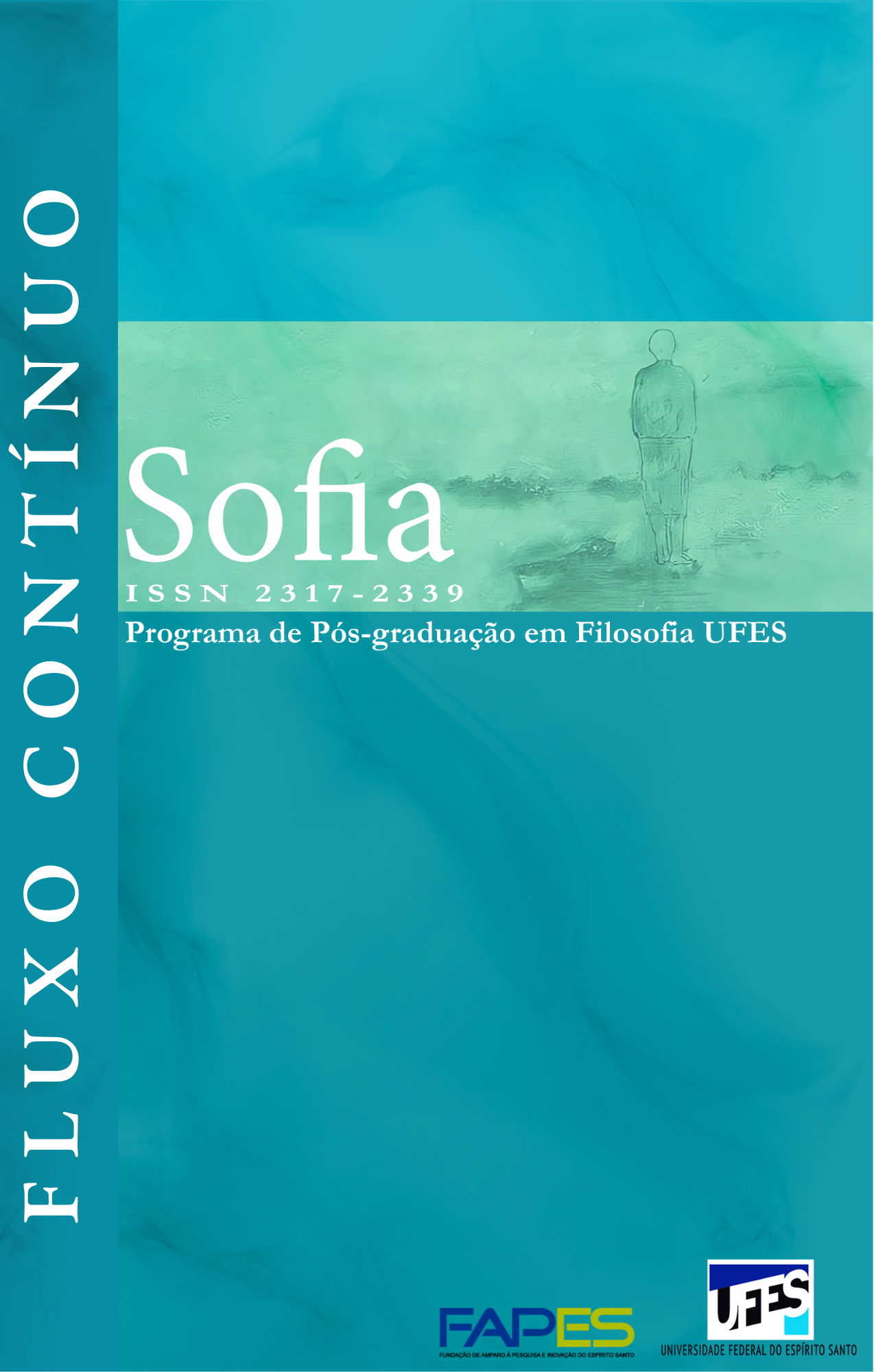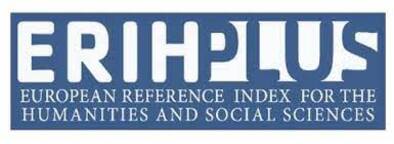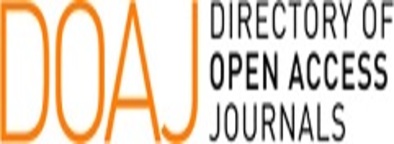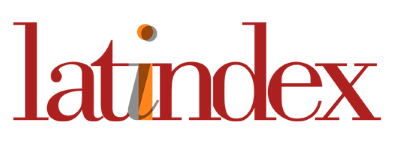Holy Roman Empira of Severius of Monzambano
DOI:
https://doi.org/10.47456/sofia.v12i1.40722Keywords:
empire, composite state, sovereignty, war and peace, moral personAbstract
The examination of Pufendorf's De Statu Imperii Germanici shows that he was strongly interested in the question of sovereignty, and that the complex reality of the Holy Roman Empire demanded a completely new approach to the question of where sovereignty within the Empire lay. I argue that the type of state that Pufendorf had in mind was the composite state represented by the Holy Roman Empire, consisting of many different communities divided by religion but sharing the same sovereign, the Catholic Holy Roman Emperor.
Downloads
References
BAZZOLI, Mauricio. La concezione pufendorfiana della politica internazionale. In: V. Fiorillo (org.) Samuel Pufendorf Filosofo del Diritto e della Politica. Atti del Convegno Internazionale. Milano, 11-12 novembre 1994. Napoli: La Città del Sole, 1997, p. 29-72.
BURGDORF, Wolfgang. Reichskonstitution und Nation: Verfassungsreformprojekte für das Heilige Römische Reich Deutscher Nation in politischen Schrifttum von 1648 bis 1806. Mainz: Philipp von Zabern, 1998.
CONRING, Hermann. De origine iuris Germanici commentarius historicus. Helmestadii: H. Müller, 1643.
DÖRING, Detlef. Pufendorf–Studien. Beiträge zur Biographie Samuel von Pufendorf’s und seiner Entwicklung als Historiker und theologisher Schriftsteller. Berlin: Duncker & Humblot, 1992.
DREITZEL, Horst. Toleranz und Gewissensfreiheit im konfessionellen Zeitalter: Zur Diskussion im Reich zwischen Augsburger Religionsfrieden und Aufklarung. In Religion und Religiosität im Zeitalter des Barock, ed. Dieter Breuer, part 1. Wiesbaden: Harrassowitz, 1995a, p. 115-128.
DREITZEL, Horst. Gewissensfreiheit und soziale Ordnung: Religionstoleranz als Problem der politischen Theorie am Ausgang des 17. Jahrhunderts. Politische Vierteljahresschrift, v. 36, n. 1, 1995b, p. 3-36.
DREITZEL, Horst. Reason of state and the crisis of political Aristotelianism: An essay on the development of 17th century political Philosophy. History of European Ideas, v. 28, 2002, p. 163-187.
DUFOUR, Alfred. Federalisme et raison d’Etat dans la pensée politique pufendorfienne. In: V. Fiorillo (org.) Samuel Pufendorf Filosofo del Diritto e della Politica. Atti del Convegno Internazionale. Milano, 11-12 novembre 1994. Napoli: La Città del Sole, 1996, p. 107-138.
ELLIOT, J. H. A Europe of composite monarchies. Past and Present, v. 137, 1992, p. 48-71.
FASOLT, Constantin. A question of right: Hermann Conring’s New Discourse on the Roman-German Emperor. Seventeenth Century Journal, v. 28, 1997, p. 739-758.
FORSYTH, Murray. Unions of States: The Theory and Practice of Confederation. New York: Leicester University Press, Holmes & Meier Publishers, Inc., 1981.
FRIEDEBURG, Robert von. Reformed Monarchomachism and the genre of the “politica” in the Empire: The Politica of Johannes Althusius and the meaning of hierarchy in its constitutional and conceptual context, Archivio della Ragion di Stato, v. VI, 1998, p. 129-153.
HAAS, Julia. Die Reichstheorie in Pufendorfs “Severinus de Monzambano”. Berlin: Duncker & Humblot, 2006.
HOLLAND, Ben. The Moral Person of the State. Pufendorf, Sovereignty and Composite Polities. Cambridge: Cambridge University Press, 2017.
HONT, István. Jealousy of Trade: International Competition and the Nation-State in Historical Perspective. Cambridge, MA: The Belknap Press of Harvard University Press, 2005.
KOENIGSBERGER, H. G. Politicians and Virtuosi: Essays in Modern History. Cambridge: Cambridge University Press, 1987.
MILTON, Patrick. Intervening against tyrannical rule in the Holy Roman Empire during the seventeenth and eighteenth centuries. German History, v. 33, 2015, p. 1-29.
MOORE, James & SILVERTHORNE, Michael. Protestant Theologies, Limited Sovereignties: Natural Law and Conditions of Union in the German Empire, the Netherlands and Great Britain. In John Robertson (Ed.), A Union for Empire: Political Thought and the British Union of 1707. New York: Cambridge University Press, 1995, p. 171-197.
OESTREICH, Gerhard. Neostoicism and the Early Modern State. Translated by David McLintock, Cambridge: Cambridge University Press, 1982.
OSIANDER, Andreas. Sovereignty, international relations, and the Westphalian myth. International Organization, v. 55, 2001, p. 251-287.
PUFENDORF, Samuel. Einleitung zu der Historie der vornehmsten Reiche und Staaten, so jetziger Zeit in Europa sich befinden. Frankfurt (Main), 1684.
PUFENDORF, Samuel. De jure naturae et gentium. Ed. Frank Böhling. Vol. 4 of Samuel Pufendorf: Gesammelte Werke, ed. Wilhelm Schmidt-Biggemann. Berlin: Akademie Verlag, 1998.
PUFENDORF, Samuel. De Statu Imperii Germanici: Liber Unus (Latin Edition). Charleston: Nabu Press, 2013.
SAHD, Luiz Felipe N. A. S. Direito natural, sociabilidade e religião na política de Samuel Pufendorf. Fortaleza: EdUECE, 2023.
SCHMIDT-BIGGEMANN, Werner. Samuel von Pufendorf – Filosofia do Estado e do direito entre o barroco e o Iluminismo. In: Lothar Kreimendahl (org.) Filósofos do Século XVII (trad. de B. Dischinger) São Leopoldo: Editora Unisinos, 2003, p. 148-174.
SCHRÖDER, Peter. The constitution of the Holy Roman Empire after 1648: Samuel Pufendorf’s assessment in his Monzambano. Historical Journal, v. 42, 1999, p. 961-983.
STRAUMANN, Benjamin. The Peace of Westphalia as a secular Constitution. Constellations, v. 15, 2008, p. 173-188.
Treaty of Westphalia, art. LXIV. Disponível em: http://avalon.law.yale.edu/17th_century/westphal.asp. Acesso em: 9 Fev. 2012.
WHALEY, Joachim. Germany and the Holy Roman Empire, vol. II, The Peace of Westphalia to the Dissolution of the Reich 1648-1806. Oxford: Oxford University Press, 2012.
WILSON, Peter H. Still a monstrosity? Some reflections on early modern statehood. Historical Journal, v. 69, 2006, p. 565-576.
Published
How to Cite
Issue
Section
License
Copyright (c) 2023 Luiz Felipe Netto de Andrade e Silva Sahd

This work is licensed under a Creative Commons Attribution 4.0 International License.
Dada a política de acesso público da revista, o uso dos textos publicados é gratuito, com a obrigação de reconhecer a autoria original e a primeira publicação nesta revista. Os autores das contribuições publicadas são inteiramente e exclusivamente responsáveis por seus conteúdos.
I Os autores autorizam a publicação do artigo nesta revista.
II Os autores garantem que a contribuição é original e assumem total responsabilidade pelo seu conteúdo em caso de impugnação por terceiros.
III Os autores garantem que a contribuição não está sob avaliação em outra revista.
IV Os autores mantêm os direitos autorais e concedem à revista o direito de primeira publicação, sendo o trabalho licenciado sob uma Licença Creative Commons Atribuição-BY.
V Os autores são autorizados e incentivados a divulgar e distribuir seu trabalho on-line após a publicação na revista.
VI Os autores dos trabalhos aprovados autorizam a revista a distribuir seu conteúdo, após a publicação, para reprodução em índices de conteúdo, bibliotecas virtuais e similares.
VII Os editores reservam o direito de fazer ajustes no texto e adequar o artigo às normas editoriais da revista.


















